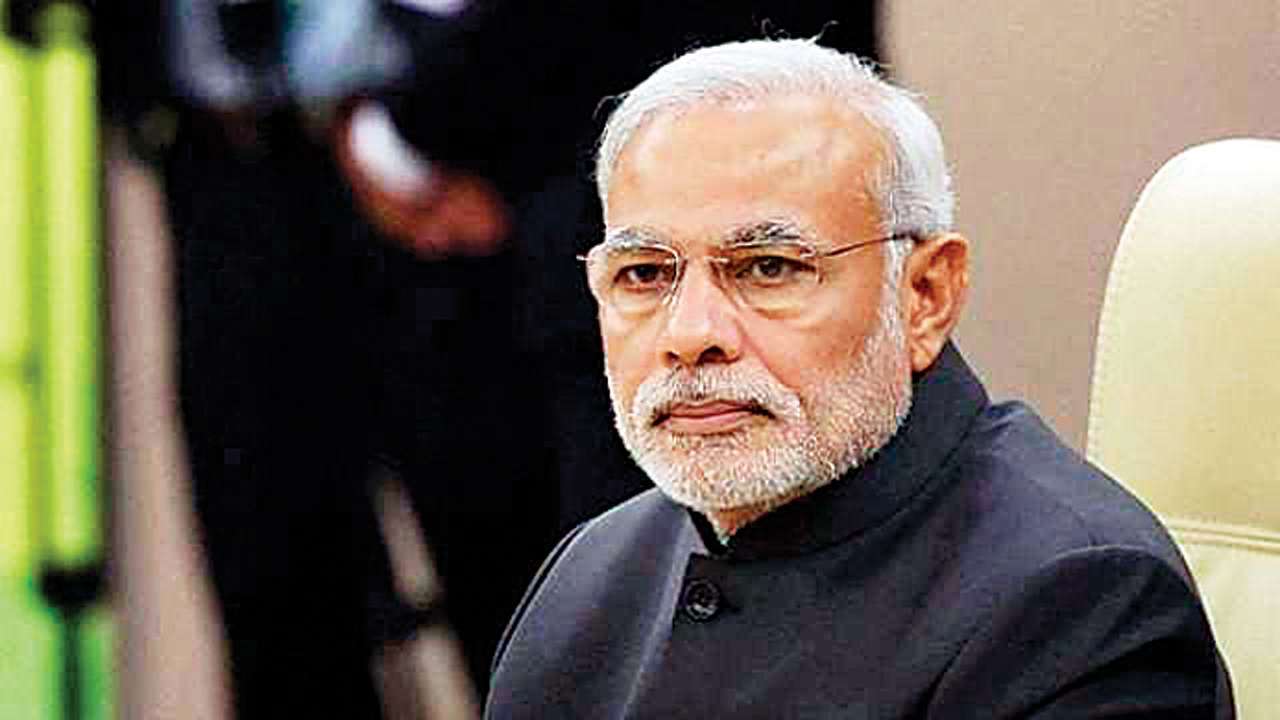
- Select a language for the TTS:
- UK English Female
- UK English Male
- US English Female
- US English Male
- Australian Female
- Australian Male
- Language selected: (auto detect) - EN
Play all audios:
Prime Minister Narendra Modi will chair a high-level virtual meet with the chief ministers of 7 coronavirus-high burden States/UT to review the status of COVID-19 response and management on
September 23, 2020. Prime Minister Narendra Modi will chair a high-level virtual meet with the chief ministers and health ministers of 7 coronavirus-high burden States/UT to review the
status and preparedness of COVID-19 response and management, tomorrow i.e. September 23, 2020. These States/UT are Maharashtra, Andhra Pradesh, Karnataka, Uttar Pradesh, Tamil Nadu, Delhi
and Punjab. More than 63% of the active COVID-19 cases of the country are concentrated in these 7 States/UT. They also account for 65.5% of the total confirmed cases and 77% of the total
deaths. Along with the other five states, Punjab and Delhi have reported an increase in the number of cases being reported recently. Maharashtra, Punjab and Delhi are reporting high
mortality with more than 2.0% Case Fatality Rate (CFR). Other than Punjab and Uttar Pradesh, their positivity rate is observed to be above the national average of 8.52%. The Centre has been
leading the fight against COVID-19 in the country in effective collaboration and close coordination with the State governments. The union government is supporting them to ramp up healthcare
and medical infrastructure. The clinical management capacities of the doctors manning the ICUs have been substantially upgraded through the e-ICU teleconsultation exercise undertaken by the
Ministry of Health & Family Welfare (MoHFW) in collaboration with AIIMS, New Delhi. High-level review with the States has ensured adequate availability of medical oxygen in the hospitals
and COVID-19 healthcare facilities. The Centre is deputing multi-disciplinary teams to States to support and handhold them in matters of containment, surveillance, testing and efficient
clinical management of the positive cases. The Central teams also guide the local authorities in effectively managing the challenges related to timely diagnosis and needed follow up.










